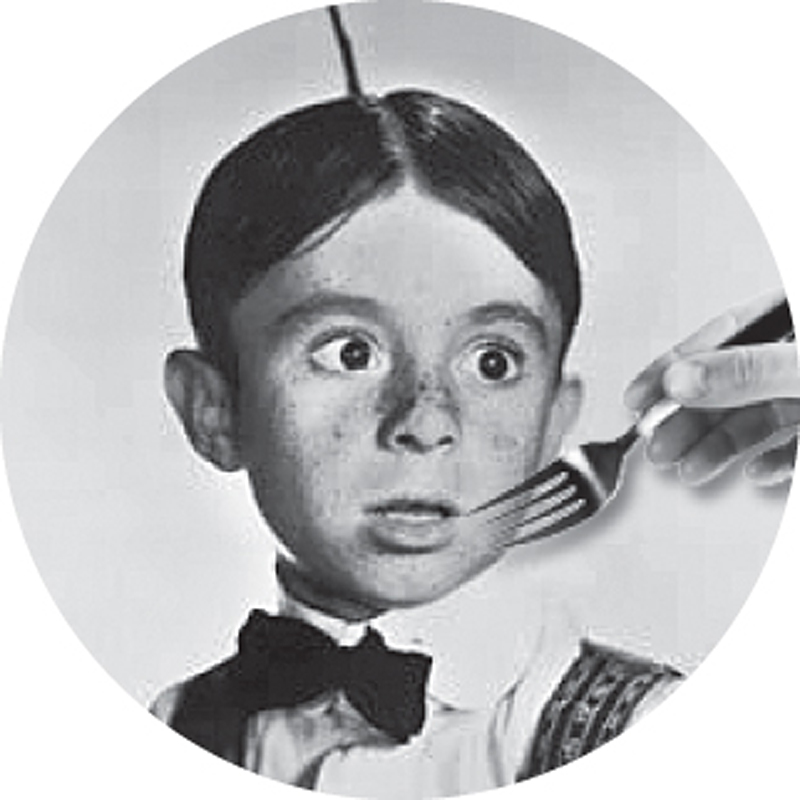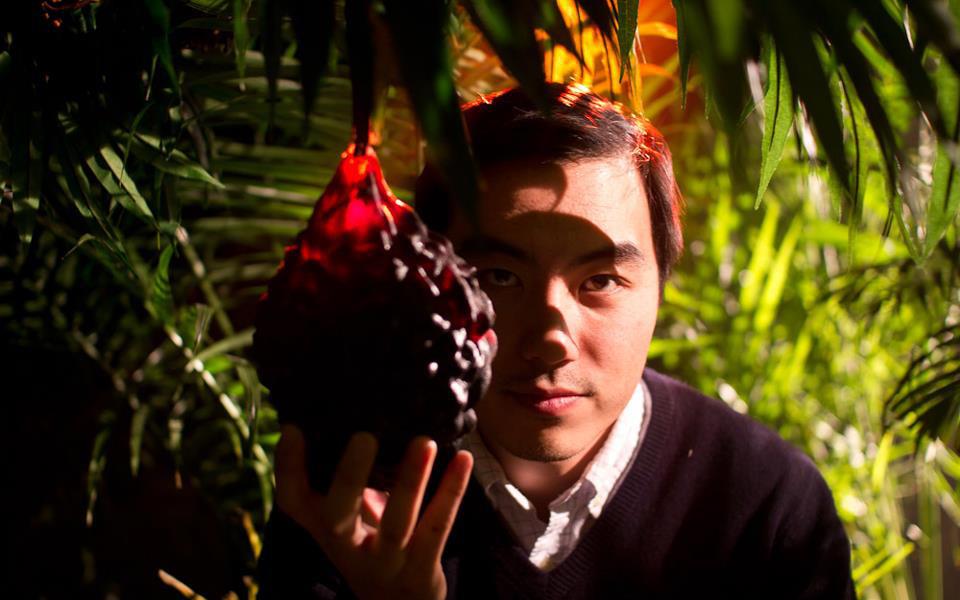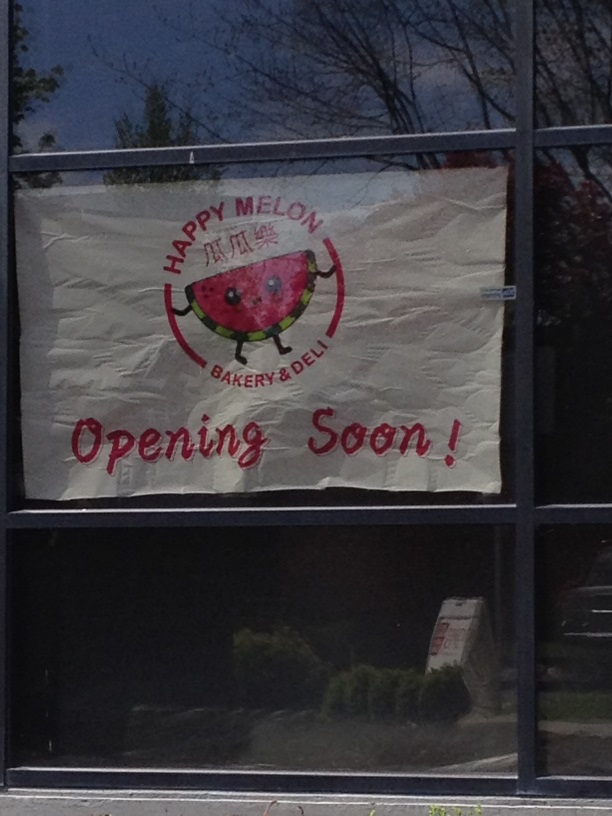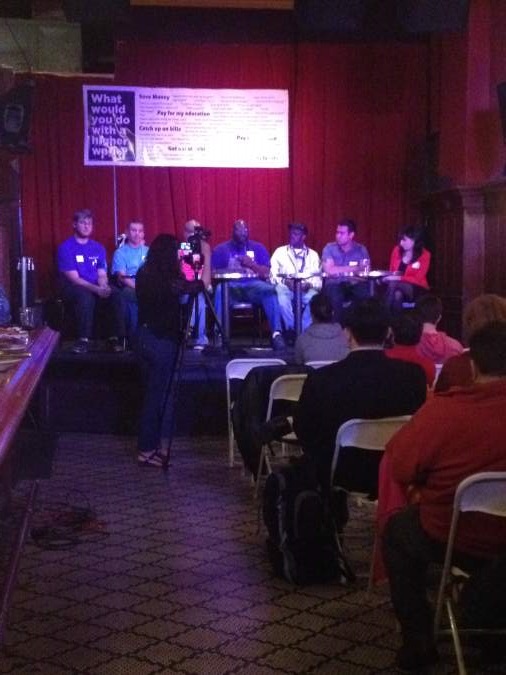One of the many weaknesses in my tennis game—in addition to my forehand, backhand, and serve—is my inability to show up for a match with a Thermosful of water. I’m invariably scampering to the clubhouse by the second set, looking for a supplementary beverage. I tend to drink whatever’s blue. My husband likes green.
But when we played this summer at Amy Yee Tennis Center, I couldn’t find a drink fitting either description. That’s because in 2009 the city started to phase out sugary snacks at parks and community centers, a process completed in 2010 and endorsed last week by the City Council in an 8–1 vote to retain its current vendor.
Although Compass Foods USA’s previous contract didn’t require it to serve only foods categorized as “healthier” or “healthiest,” the vendor complied with the city’s request that it remove yogurt-coated nuts, trail mix with chocolate, and sports drinks from its vending machines.
“We started ahead of approval of the contract,” Parks and Recreation spokeswoman Dewey Potter explains.
Potter says the department hasn’t received any criticism from athletes who, like me, buy into studies suggesting high levels of carbs and caffeine can enhance performance (remember, my forehand’s tragic). “I haven’t heard any complaints, and I am the complaint department,” Potter says. “I don’t think anyone’s noticed. So many people bring their own drinks.”
Compass’ new five-year contract obligates the company to honor the city’s healthy standards. (Pork rinds, herbal waters, and toaster pastries are permanently out at Seattle parks.)
Councilwoman Sally Clark voted against the contract, arguing the restrictions amounted to unjust paternalism. “It’s not because I want to run out and buy a bag of Doritos,” Clark said before the vote. “Child and adult obesity are serious problems, but options and choices are what I’m looking for.”
For thirsty tennis players, those choices now include only milk, water, juice, low-calorie iced tea, and diet soda. Chocolate milk—recently touted by University of Texas researchers as the ideal post-workout recovery drink—also made the safe list.
“What is important to note about this action is that Seattle Parks is out front on this issue,” says Potter, who anticipates that other city agencies will soon adopt similar snack rules.








